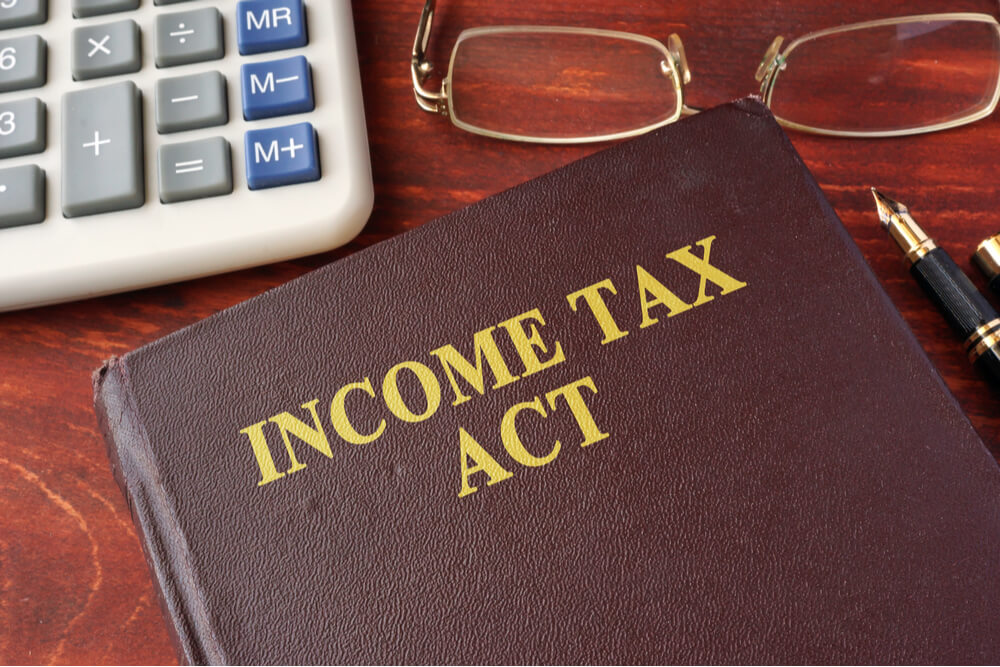Description

Copyright infringement not intended
Picture Courtesy: www.indiafilings.com
Context: Section 194-O of the Income-tax Act, 1961, addresses the deduction of income tax by e-commerce operators.
Key Highlights
- Applicability: Section 194-O mandates e-commerce operators to deduct income tax at the rate of 1% from the gross amount of the sale of goods or provision of services facilitated through their digital or electronic platform.
- Issuance and Purpose: Circular No. 20/2023, dated 28.12.2023, was issued by the Central Board of Direct Taxes (CBDT). The purpose is to provide guidelines for removing difficulties and offering clarity on various issues related to the application of Section 194-O, especially in a multiple e-commerce operator model like the Open Network for Digital Commerce (ONDC).

Income-tax Act, 1961
- The Income-tax Act 1961 governs the taxation of income in India. It was enacted by the Parliament of India and came into force on 1 April 1962.
- It covers various aspects of income tax, such as the charge of tax, the computation of income, the deductions and exemptions, the assessment procedure, the penalties and prosecution, and the appeals and revisions.
- It deals with different topics, such as definitions, scope of total income, heads of income, incomes which do not form part of total income, deductions from gross total income, rebates and reliefs, special provisions relating to certain incomes or persons, computation of tax liability, advance payment of tax, collection and recovery of tax, refunds, appeals and revisions, penalties and prosecution, miscellaneous provisions, etc.
- It applies to all persons who are resident or non-resident in India, subject to certain exceptions and modifications. The Act defines various categories of persons, such as individuals, Hindu undivided families (HUFs), companies, firms, associations of persons (AOPs), bodies of individuals (BOIs), local authorities, artificial juridical persons (AJPs), etc. The Act also defines various sources of income, such as salaries, house property, profits and gains from business or profession, capital gains, income from other sources, etc.
- It is amended every year by the Finance Act, which is passed by the Parliament along with the annual budget. The Finance Act incorporates changes in the rates of tax, surcharge, cess, and other provisions relating to income tax.
|
PRACTICE QUESTION
Q. What are the key features and recent developments in the tax system of India, and how do they impact individuals, businesses, and the overall economic landscape of the country?
|















